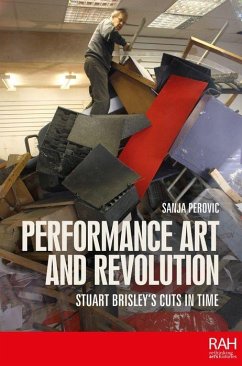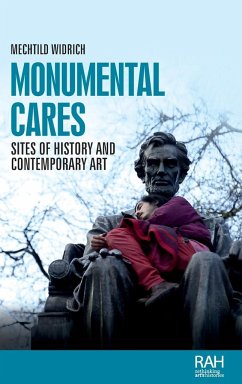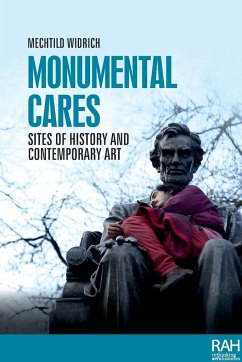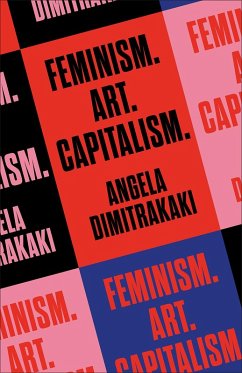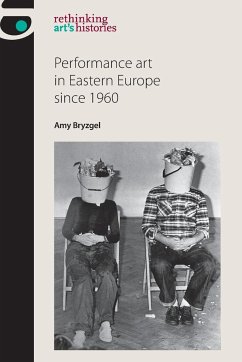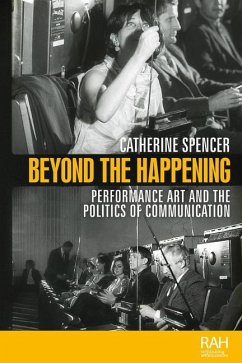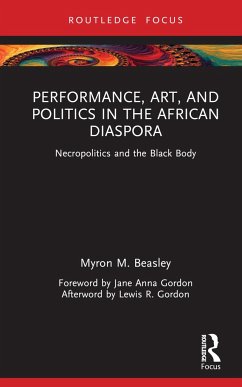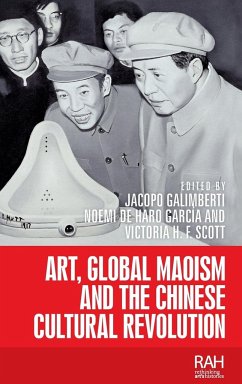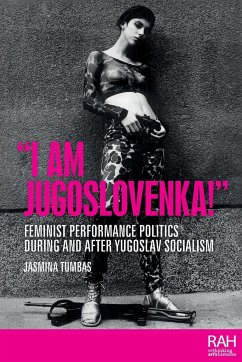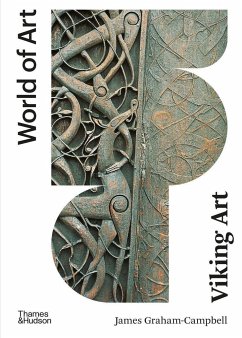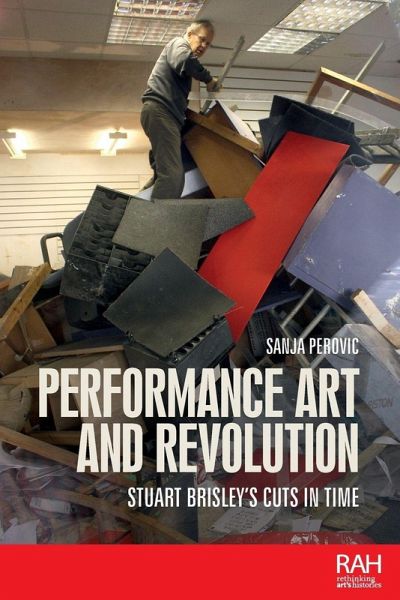
Performance art and revolution
Stuart Brisley's cuts in time
Versandkostenfrei!
Versandfertig in 1-2 Wochen
35,99 €
inkl. MwSt.
Weitere Ausgaben:

PAYBACK Punkte
18 °P sammeln!
This book assesses Stuart Brisleyâ s seminal influence on British art through his lifelong engagement with the histories and imaginaries of revolution. It links together revolutionary history with the authorâ s critical dialogue with Brisley, developed over many years, to explore how revolutionary art, politics and history relate today. -- .





